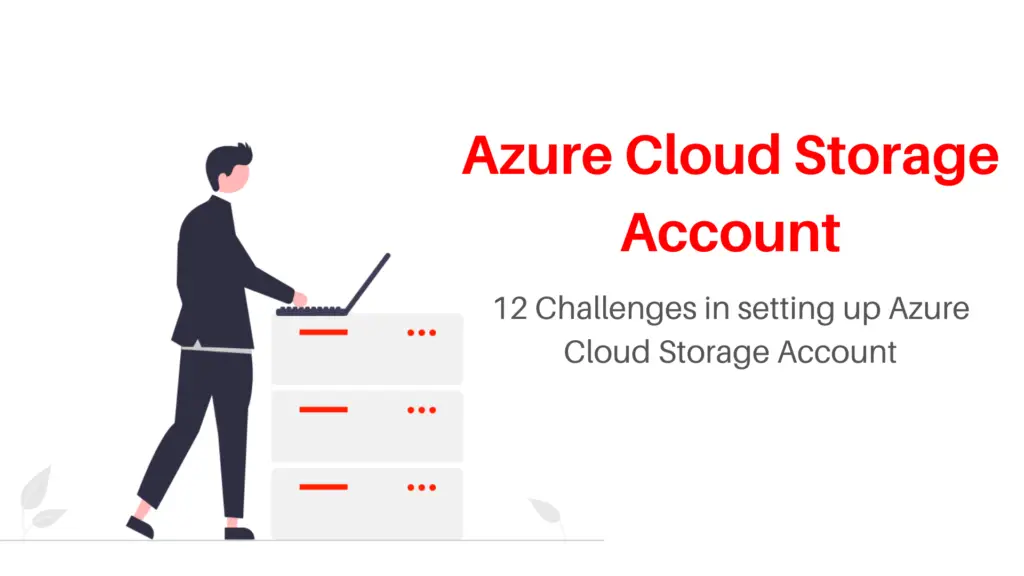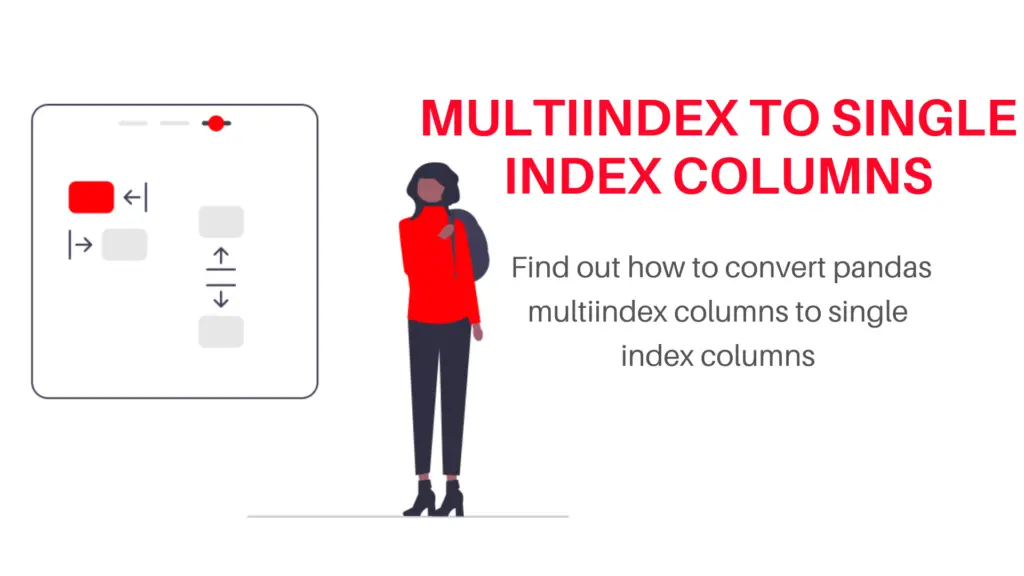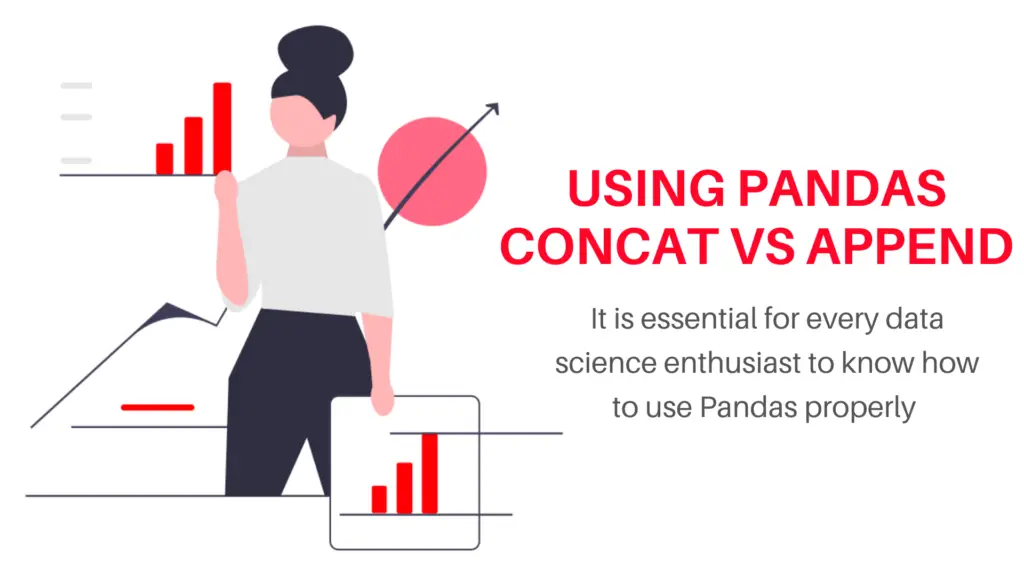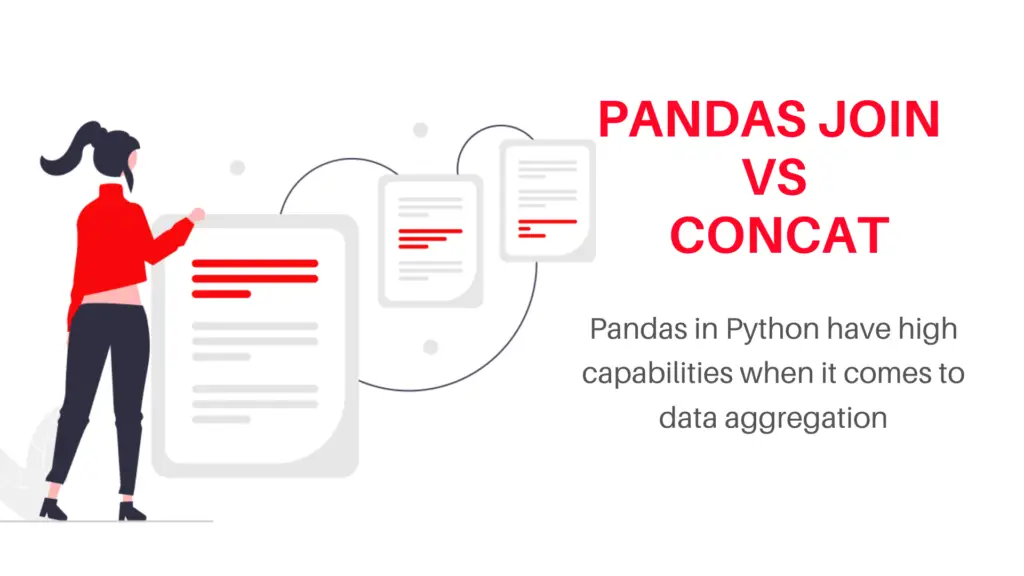What Is Cloud Computing?
Cloud computing refers to the delivery of on-demand computing services over the internet on a pay-as-you-go basis.
In simple words, Cloud computing is a service that lets you use any computing service such as a server, storage, networking, databases, and intelligence, right through your browser without owning anything. You can do anything you can think of unless it doesn’t require you to stay close to your hardware to use it like you can’t do document scanning or printing because it requires you to stay close to your printer.
The word ‘cloud’ in cloud computing originated from the internet symbol which is actually represented by a cloud used in a network diagrams.
When did cloud computing started?
According to the Wikipedia many peoples believes that the Joseph Carl Robnett Licklider was the one who invented Cloud computing in the 1960s during his works on ARPANET to connect people and data from anywhere at any time. Also, many people believe that Google’s previous CEO Eric Schmidt was the first to coin the term “Cloud Computing” during one of his conferences on 9 August 2006. You can read this here
How Does Cloud Computing Work?
Think of this as something like you have a house and you have some spare rooms in it, so you lent them to someone else in exchange for some money. You charged them for using your spare rooms till they left or stopped living in there. Similarly, some big companies have huge databases and servers, that they lend us to use for our needs and they charge us only for the service we use. By the use of cloud computing services the firms save lots of money by avoiding the upfront cost and complexity of owning and maintaining their own IT infrastructure, they only pay for the service they use.
Who uses cloud computing?
Anyone using the internet and any service is using cloud computing indirectly like if you have ever used Google Mail or Yahoo mail then you already have used the cloud because all of the emails in gmails are stored in a server rather than your hard drive. Cloud computing is a service that is opened for everyone, any individual, organization, company, or government can use it. Before cloud computing, any organization or a company had to buy their own physical servers for their need which is so expensive. But now companies like google, amazon, azure, etc are providing cloud services where they only pay for the service they use.
Why cloud computing can be future
There’s no doubt, that cloud computing will be the future instead it’s already started replacing the use of local servers. Cloud computing became a new standard, almost all companies or organizations are shifting in this because it’s very cost-effective, reliable, and secure than a physical server. Cloud servers give you the flexibility you need, you don’t have to worry about high traffic, storage, or any service, unlike local servers where you have to buy more servers when your traffic increases.
Types Of Cloud Computing
Cloud computing can be separated into two parts deployment and service
1. Deployment
Not all clouds are the same, there are different types of clouds out there. Every cloud is not suited for everyone, depending on the situation and your requirements you can choose different clouds. For that, you need to first determine the type of cloud deployment or cloud computing architecture on which you want to implement your cloud service. There are three different types of cloud deployment services
- Public cloud– This type of cloud is owned by third-party cloud service providers like AWS, Azure, GCP, etc. it is open for general users. Public cloud is cheaper than private cloud but less secure and reliable than private, and it doesn’t mean that public cloud is not secure.
- Private cloud– This type of cloud is generally used by a single person or a firm and its cloud could be physically located at their company site or in their datacenter. It is also possible that they can pay for hosting their private cloud service to the third-party cloud service provider. This type of cloud is actually more expensive and reliable than the public cloud.
- Hybrid cloud– As the name suggests hybrid cloud is a combination of both public and private clouds. In hybrid cloud computing, you can move your data and application between public or private cloud service thanks to the technology that allows the data and application to be shared between them. And since it possesses the quality of both private and public cloud service, it’s got cost-effective with good security and reliability

2. Services
There are usually three types of services in cloud computing: Infrastructure as a service (Iaas), Platform as a service (Paas), Software as a service (Saas). Altogether, these are sometimes called cloud computing stacks as they are built on top of one another. So, let’s see what these are one by one because knowing this can help you choose the right service for your needs.
- IaaS– Infrastructure as a service is the most basic category of cloud computing. It provides you access to the virtualized environment of computing resources such as IT infrastructure—servers and virtual machines (VMs), storage, networks, operating systems—from a cloud provider on a pay-as-you-go basis. Instead of buying everything like database servers, networking servers and paying every time for their maintenance, it is better to use Iaas, it’s one of the best solutions for small businesses.
- PaaS– Platform as a service, think of this as something like you have given a key to a perfectly maintained kitchen with every resource in it, and you are set free to cook anything of your choice, sounds like a paradise right, it’s sure is. Paas provides an on-demand environment for developing, testing, delivering, and managing software without worrying about setting up or managing the underlying infrastructure of servers, storage, network, and databases needed for development.
- SaaS– Software as a service(saas) is software hosted by a vendor or service provider and made available to the customers through the networks which can be accessed through the browser. It is delivered on-demand, typically on a subscription basis. There are many tasks that can be done through SaaS, like accounting, sales, invoicing, etc.
Advantage Of Cloud Computing
There are lots of advantages of using cloud computing, Here are the few benefits which make many organizations shift into cloud computing

- Cost Cutter-In local servers, we have to buy lots of hardware web servers, data servers, file servers, etc. For that we also have to buy some space for it, we have to pay for maintenance and for maintenance we also have to hire some professionals. But In cloud computing you don’t have to buy anything, you pay only for the thing you use and you don’t have to worry about its maintenance and all.
- Speed-In local servers, we have to buy lots of hardware web servers, data servers, file servers, etc. For that we also have to buy some space for it, we have to pay for maintenance and for maintenance we also have to hire some professionals. But In cloud computing you don’t have to buy anything, you pay only for the thing you use and you don’t have to worry about its maintenance and all.
- Performance– Cloud computing providers have lots of supercomputers that are capable of performing trillion (1012) floating-point operations per second.
- Reliability– In a site datacenter, you can lose your data instantly if some unexpected accident occurs, but in cloud computing, you don’t have to worry about this since cloud data is not stored in one location, they are stored in multiple locations so any unexpected accident occurrence will not cause you any data harm.
Read more– Why Cloud Computing Is Best For AI & Deep Learning Projects?
Disadvantages of cloud computing
Everything has their own pros and cons and cloud computing also have some disadvantage , few of popular problems are
- Accessibility– Cloud computing completely relies and operates on the internet connection so if you have a slow internet connection you probably won’t be able to access the cloud or you won’t get a good experience. This is really a matter of concern as there are lots of developing places or countries out there which may don’t have good internet connections like rural areas, South Africa, etc. Because of that, they won’t be able to fully utilize the service of the cloud.
- Downtime– Cloud servers are very reliable than a local server but they also have some server issues like outages of servers. Which could cause a very big loss for companies like eCommerce or those who completely rely on the internet. The maximum downtime faced by top cloud service providers are

- Security– Although cloud service providers follow best security practices and industry certifications, you can’t put your complete trust in them with your critical data. You should always keep a backup plan for your critical data. If you remember the 2014 incident of code space that their AWS control panel got hacked and after they not fulfilled the hacker’s demand they lost their complete data. This story is too old and I believe AWS, Azure, and GCP now would have good security over the data
- Vendor lock-in– Another bad thing about cloud computing is that it’s very hard to switch from one vendor to another. Because of differences in the platform and the high switching cost that is not affordable for everyone. The best practices to avoid vendor lock-in is to implement a multi-cloud strategy
There are few more minor disadvantages of cloud computing but the above 4 are the most common and problem somethings which should not be ignored.
Conclusion
Cloud computing is a service that lets you use any computing service such as a server, storage, networking, databases, and intelligence, right through your browser without owning anything. Cloud computing is a lot cheaper than a local server, you pay only for the service you use. And it gives you the flexibility to scale up your business without worrying about maintenance and all. There are 3 types of cloud Private, Public and Hybrid clouds and also it has 3 types of service IaaS, PaaS, and SaaS.
Note: Don’t hesitate to share if you have any more points that you think is important to add here also if you find any mistake in the blog it will be highly appreciable if you share your corrections 🙂

Data Scientist with 3+ years of experience in building data-intensive applications in diverse industries. Proficient in predictive modeling, computer vision, natural language processing, data visualization etc. Aside from being a data scientist, I am also a blogger and photographer.
- Aman Kumarhttps://buggyprogrammer.com/author/buggy5454/
- Aman Kumarhttps://buggyprogrammer.com/author/buggy5454/
- Aman Kumarhttps://buggyprogrammer.com/author/buggy5454/
- Aman Kumarhttps://buggyprogrammer.com/author/buggy5454/








